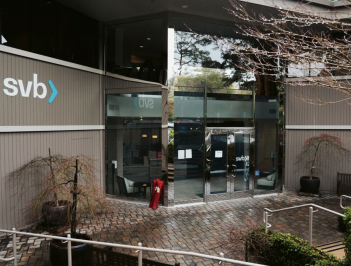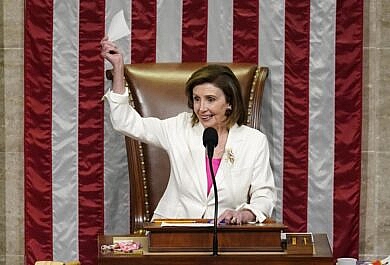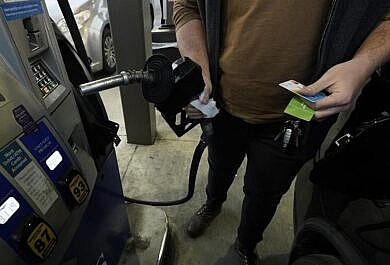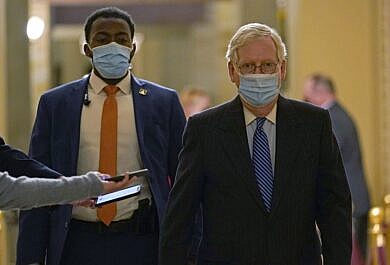U.S. regulators shut down Silicon Valley Bank on Friday after a bank run led to its failure, marking the largest bank collapse since the 2008 financial crisis.
Summary
U.S. regulators shut down Silicon Valley Bank on Friday after a bank run led to its failure, marking the largest bank collapse since the 2008 financial crisis.
- The sudden collapse of America’s 16th biggest bank quickly reverberated throughout global financial markets and left billions of dollars of corporate and investor cash stranded.
- SVB’s failure is the biggest since Washington Mutual imploded in 2008 during the height of the global financial crisis.
- The Federal Deposit Insurance Corporation (FDIC) took over the failed bank, transferring its deposits and other assets to a newly created National Bank of Santa Clara. However, more than 93 percent of Silicon Valley Bank’s $161 billion holdings were not insured by the FDIC.
- According to Reuters, the bank’s failure can be traced back to the Federal Reserve’s decision to raise interest rates from historic lows to combat inflation, which has made investors more risk averse.
- This reluctance to lend money at more-expensive higher rates has particularly hurt startups, which were Silicon Valley Bank’s primary clientele.
- The former head of the FDIC during the 2008 recession, Sheila Bair, said in an interview regulators are now likely to probe other banks with “high amounts of uninsured deposits and unrealized losses, two factors that contributed to SVB’s quick collapse.” She added, “These banks that have large amounts of institutional uninsured money…that’s going to be hot money that runs if there’s a sign of trouble.”
![]()
- NBC News reported Silicon Valley Bank employees received their annual bonuses just hours before U.S. regulators had to step in and take control of the bank. “The payments were for work done in 2022 and had been in process days before the bank’s collapse,” highlighting just how quickly SVB went under.
- Several notable companies held deposits with SVB, according to CNN. Approximately 26% of Roku’s cash and cash equivalents were in SVB, with most uninsured. Video game company Roblox, bankrupt crypto lender BlockFi, and Rocket Lab, an aerospace company, all had deposits with Silicon Valley Bank.
- The rapid collapse of SVB has led to finger-pointing and blame-shifting within the technology industry, according to the New York Times. Crypto companies decried the collapse as a symptom of centralized banking and the weakness of fiat currency. Other tech investors argued crypto’s history of “bad actors and overnight collapses had conditioned people to panic at the first sign of trouble.”
![]()
- According to Fox News, Dallas Mavericks owner Mark Cuban is demanding the Fed take immediate action to cover deposits following SVB’s collapse. “If the Fed doesn’t own it, trust in the banking system becomes an issue,” Cuban said. “There are a ton of banks with more than 50 pct uninsured deposits…. What would be best practices to protect from a future run if your company writes millions in checks weekly?”
- “The ghosts of 2008 stir,” wrote National Review’s Andrew Stuttaford in the wake of SVB’s collapse. Stuttaford referenced the Financial Times, who wrote, “The risk of contagion within the banking system appears to be limited. But at the end of every central bank rate-increase cycle, there comes a phase where things in the financial system begin to break. These breakages, minor or major, erode the confidence of investors and consumers, increasing the odds of recessions. The failure of SVB does not herald another 2008, but it does mark the beginning of the breakage phase.”
- The ramifications of SVB’s collapse are already being felt in the cryptocurrency world, the Wall Street Journal reported. USD Coin, a “major” cryptocurrency “meant to mimic the value of the U.S. dollar” is designed to trade at $1 but fell below 87 cents on Saturday after Circle Internet Financial Ltd., its operator, announced it had $3.3 billion tied up in SVB.
© Dominic Moore, 2023






